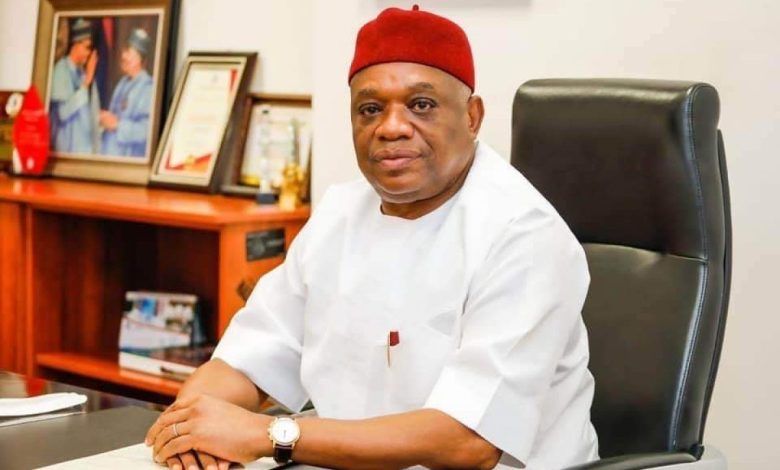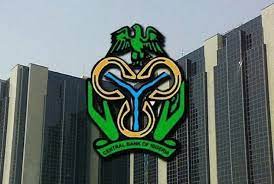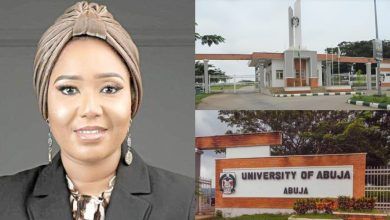
Senator Orji Uzor Kalu has expressed that Nigerians are being unfair to former military president Ibrahim Babangida following the release of his memoir, A Journey in Service: An Autobiography of Ibrahim Babangida. In the 420-page book, Babangida admitted that MKO Abiola won the 1993 presidential election, which his government later annulled—a revelation that stirred mixed reactions across the country. Critics have argued that Babangida’s admission, after 32 years, is overdue.
Speaking during a televised interview on Monday, Kalu, who represents Abia North in the Senate, defended Babangida, stating that the former president was unfairly treated by Nigerians. He praised Babangida for coming forward with truths many have avoided for decades. “He came out on his own to say what many people have not dared to say for a long time,” Kalu remarked.
One of the significant points raised by Babangida in his memoir is his assertion that the 1966 coup, often seen as an “Igbo coup,” was not, in fact, an Igbo-led operation. Kalu noted that the negative perceptions towards the Igbo people because of this event have persisted for years and that Babangida’s clarification was an important step toward rectifying historical misconceptions.
Kalu also called for a second book from Babangida, suggesting that it would provide a more comprehensive account of the events surrounding the annulment of the June 12, 1993, election. He emphasized that many military officers played roles that have yet to be fully disclosed. According to Kalu, the first book was incomplete, and a second volume could reveal further details about the complex situation, especially regarding Babangida’s dangerous position at the time.
“The story has not finished,” Kalu said, encouraging other military figures involved in the 1993 political crisis to share their accounts. “There should be a second part of the book. Babangida was in danger throughout those periods. If you remember the way he left power, you will know something was wrong.”
The annulment of the June 12, 1993, presidential election remains one of Nigeria’s most contentious political issues, with ongoing debates about the motives behind it and the role of key figures like Babangida.





